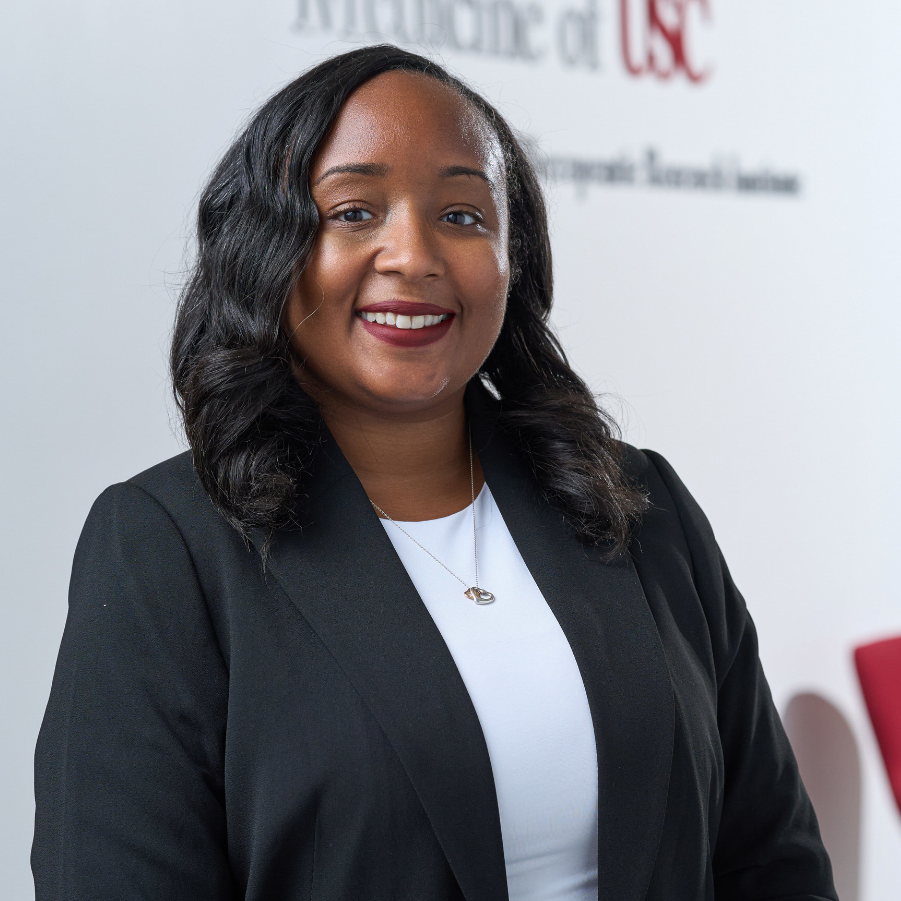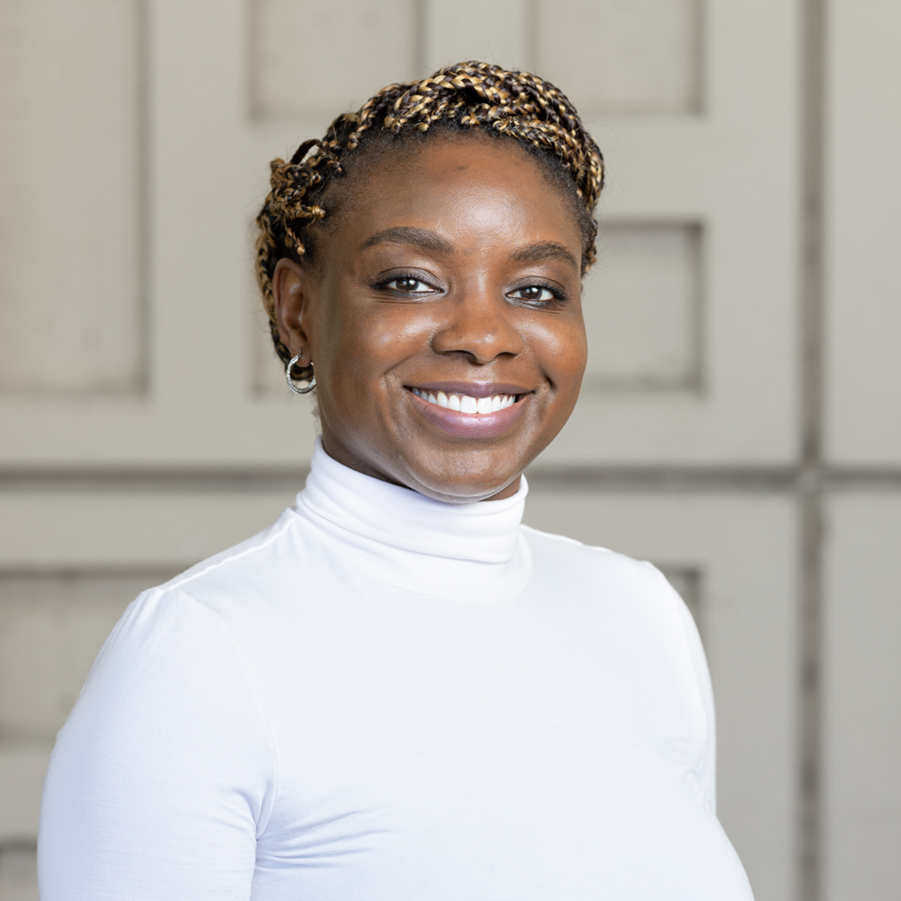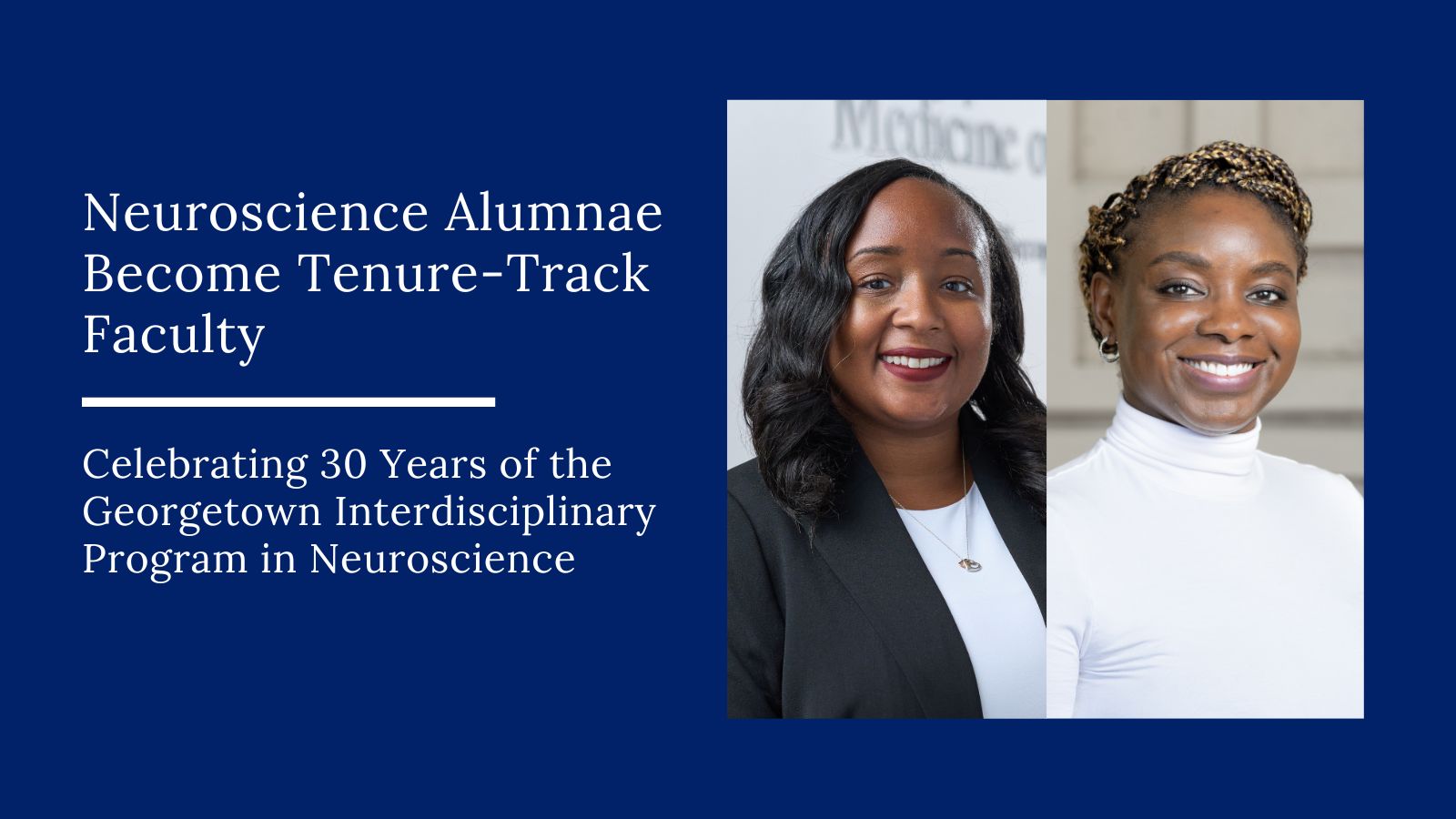Interdisciplinary Program in Neuroscience Alumnae Become Tenure-Track Faculty as Program Celebrates 30 Years
For three decades, Georgetown University’s Interdisciplinary Program in Neuroscience (IPN) has been steadfast in its commitment to deepening students’ understanding of neuroscience, helping drive groundbreaking research, and fostering meaningful contributions to society. Since its founding, the program has served over 230 students, with close to 60% being women and 26% hailing from backgrounds underrepresented in biomedical research.
Grounded by the Jesuit tradition of Cura Personalis (Care of the Whole Person), IPN takes a multifaceted approach to learning. The program offers one-on-one career coaching, professional memberships, mentorship programs, seminars, academic assistance, and many other resources to enrich students’ academic journeys.
This year, as IPN celebrates its 30th anniversary, we spoke with two trailblazing alumnae, Charisse Winston and Chinyere Iweka, who are now working in tenure-track faculty positions. Winston and Iweka shared reflections on their career trajectories, the transformative impact of their Georgetown education, and how it continues to shape their contributions to the field of neuroscience.
Science with a Purpose: Making an Impact in Neuroscience
Finding purpose in her work has been the guiding star of Charisse Winston’s academic journey. Now an assistant professor at the University of Southern California’s Keck School of Medicine, she reflects on how her drive to make an impact on people’s lives has shaped her path in neuroscience.

Charisse Winston (Ph.D. Neuroscience ’15)
Charisse Winston’s (Ph.D. Neuroscience ’15) passion for neuroscience wasn’t immediate. She began her academic journey by pursuing a B.S. in biochemistry at the University of Virginia without a clear idea of her next steps. “A Ph.D. was never something I considered or even something anyone talked about when I was in school,” she recalls.
After a brief stint as an Emergency Medical Technician (EMT), she quickly realized medicine wasn’t the right fit. Instead, her interest in lab work and growing curiosity about translational science – bridging laboratory research with real-world health outcomes – paved the way for her focus on science.
“I realized I needed to go to grad school, but my grades weren’t the best,” she says. “Georgetown took a chance on me, admitting me to the Master’s in Biochemistry program on a conditional basis. I had to prove I could handle the work, and thankfully, I did.”
After Winston earned her master’s degree, her journey took a pivotal turn under the mentorship of pharmacology and physiology professor Karen Gale, who encouraged her to apply to Georgetown’s Interdisciplinary Program in Neuroscience. While pursuing her doctorate, she worked with professor Mark Burns in exploring traumatic brain injuries, fueling her passion for connecting scientific discovery with a tangible impact.
After Georgetown, Winston pursued a postdoctoral fellowship at the University of California San Diego, focusing on Alzheimer’s disease research. “I had witnessed a family member struggle with dementia, so the opportunity especially resonated with me,” she shares. “That personal connection gave my research a deeper meaning and reinforced my sense of purpose in this field.”
Now an assistant professor at the University of Southern California, Winston continues to push the boundaries of translational science, focusing on early detection of Alzheimer’s using noninvasive diagnostics such as blood and saliva biomarkers.
“I love that I’m in the middle of groundbreaking work,” she says. “Something as simple as saliva, which anyone can provide, can be a diagnostic tool for early Alzheimer’s detection, extending its applicability across all demographics and socioeconomic statutes.”
Reflecting on her journey, Winston advises students: “Don’t compare yourself to others. Your path is your own, and it may not look like anyone else’s, but that doesn’t mean you won’t reach your destination.”
Discovery Through Mentorship: A Neuroscientist’s Path to Professorship
For Chinyere Iweka (Ph.D. Neuroscience ’18), now an assistant professor in the Department of Pharmacology at Case Western Reserve University, the journey to neuroscience has been one of growth and discovery. Her story, grounded in curiosity and guided by dedicated mentors, exemplifies the power of mentorship in the sciences.

Chinyere Iweka (Ph.D. Neuroscience ’18)
After five years as a medical technologist at a fertility clinic, Iweka felt the need for a new challenge. This led her to pursue a master’s in biotechnology at Johns Hopkins University, where a class discussion sparked her interest in neuroscience.
“We were talking about the nervous system’s regenerative capacity, which caught my attention,” Iweka recalls. “That conversation inspired me to start looking for research opportunities in spinal cord and traumatic brain injuries.”
From there, she learned of the work of Professor Mark Burns at Georgetown University, which ultimately inspired her to apply to Georgetown’s Interdisciplinary Ph.D. program in Neuroscience. With the encouragement and support of Karen Gale and Kathleen Maguire-Zeiss, she secured research opportunities aligned with her interests.
One such opportunity involved working in Jeff Urbach’s lab and collaborating with Herbert Geller from the National Institutes of Health. The project’s scope involved discovering what specific proteins respond to chondroitin sulfate proteoglycans (CSPGs) – molecules that inhibit axon growth and regeneration after injury to the central nervous system. Through their research, her team discovered that the protein PLPPR1 significantly changes its phosphorylation state in the presence of CSPGs to induce axon growth in neurons.
After earning her Ph.D., Iweka worked as a postdoctoral fellow at Stanford University, exploring how aging impacts immune function and the inflammatory response to stroke injury. It was also at Stanford that she encountered the critical role of the circadian clock in health and care. “For example, the timing of drug administration influences patient responses,” Iweka explains. “Factors like shifts in nurses and the timing of care all interplay in responses.”
Now, in her new role as an assistant professor at Case Western Reserve University, Iweka will delve into how the circadian clock regulates immune cells in the context of aging and diseases. “I want to understand why immune cells contribute to stroke injury in aged individuals,” she says. “My approach involves assessing how the circadian clock influences immune responses.”
Looking back on her journey, Iweka credits mentorship as critical to finding her calling. “When potential graduate students ask me where they should apply to, I always say Georgetown because of its supportive environment. The PIs especially were instrumental and always willing to listen.”
And as she builds her lab at Case Western, she continues to draw from the lessons of her mentors: “I often tell my students to be open-minded and embrace failure as part of this career – don’t give in to fear. Learn from those experiences, and keep moving forward.”

